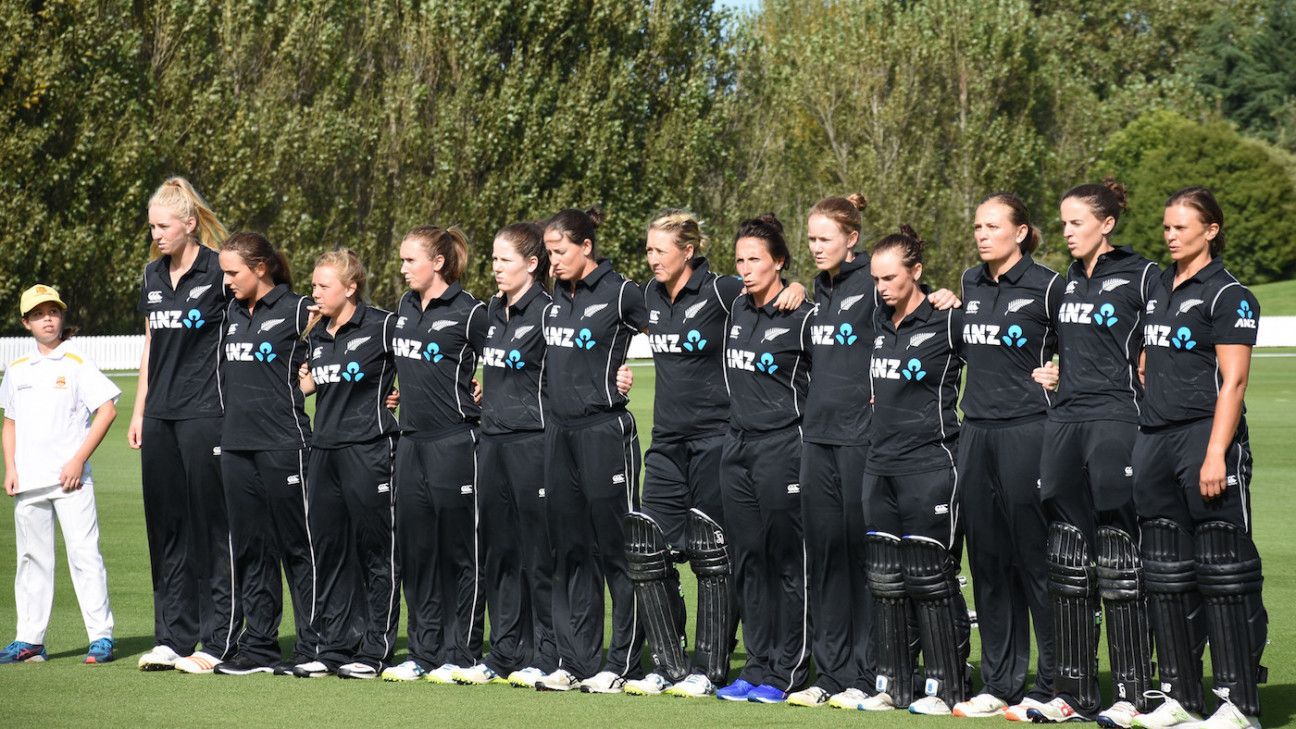
A wider pool of contracted players, extending to the domestic level for the first time, and a significant pay hike for centrally contracted New Zealand women players are among the key features of the new Women's Master Agreement. When finalised, the agreement will replace the previous Memorandum of Understanding (MoU), which was signed in 2016, and expired on July 31 this year.
Under the new agreement, reached in principle between New Zealand Cricket and the New Zealand Cricket Players Association, the number of contracted players will be 79 across three levels, up from 15 under the previous MoU, while the total player payment pool will comprise $4.136 million over three years, an annual payment of $1.38 million. The player payment pool in the previous MoU was $1.575 million for three years.
The number of centrally contracted players increases to 17, from 15 over the last three years, with pay ranging from $64,000 to $40,000 annually (inclusive of a retainer payment, retirement fund contribution and promotional payment). Players can also each earn up to $16,000 in match fees. Thus, a centrally contracted player could earn up to $80,000 annually (up from a maximum of $48,000 in the last MoU). In addition, centrally contracted players can participate in overseas T20 leagues in Australia, England and India, when not committed to international or Super Smash fixtures.
Under the new agreement, eight centrally contracted Development Players will earn a minimum of $7,500 for participating in NZC High Performance Programmes and two domestic competitions.
In the first-ever domestic contracts structure, 54 players (nine for each of the six major associations) will be on domestic competition agreements worth $3,250. The agreements will compensate players for their availability for the Super Smash and Hallyburton Johnstone competitions. Non-contracted players selected to play in a domestic competition will be paid an assembly fee.
According to a statement from the NZC, the model of the Women's Master Agreement sought to provide a starting point for the eventual semi-professionalisation of the domestic game. The aim was also to help reduce the financial barriers for the players' continued involvement in the women's game, while retaining their ability to maintain their involvement in other vocations - an issue that emerged as a priority following discussions between the players and the NZCPA.
The new agreement was welcomed by the players. Amy Satterthwaite, the senior women's captain, said the investment in domestic and developing players was an important step forward for the game in the country.
"I know people tend to focus on the White Ferns' contracts but the investment in domestic and developing players is an important step forward for women's cricket in New Zealand," she said. "This is an agreement that recognises the need to grow the game at grassroots and domestic level in order to produce White Ferns who excel on the world stage.
"This means all White Ferns can now ply their trade as full-time professional cricketers as well as having the flexibility to participate in overseas leagues - which is a huge leap forward for all involved. With the ICC Women's World Cup 2021 on the horizon, this will mean a great deal in terms of upskilling and training, and providing the best possible environment for preparing ourselves and the team."
Batsman Suzie Bates hoped the new agreement would make the game more attractive for aspiring players. "From what I can see, it provides a great framework and starting point for the eventual semi-professionalisation of the women's domestic game in New Zealand - and that's probably the most important point in the entire agreement," Bates said.















 Phone: (800) 737. 6040
Phone: (800) 737. 6040 Fax: (800) 825 5558
Fax: (800) 825 5558 Website:
Website:  Email:
Email: 






